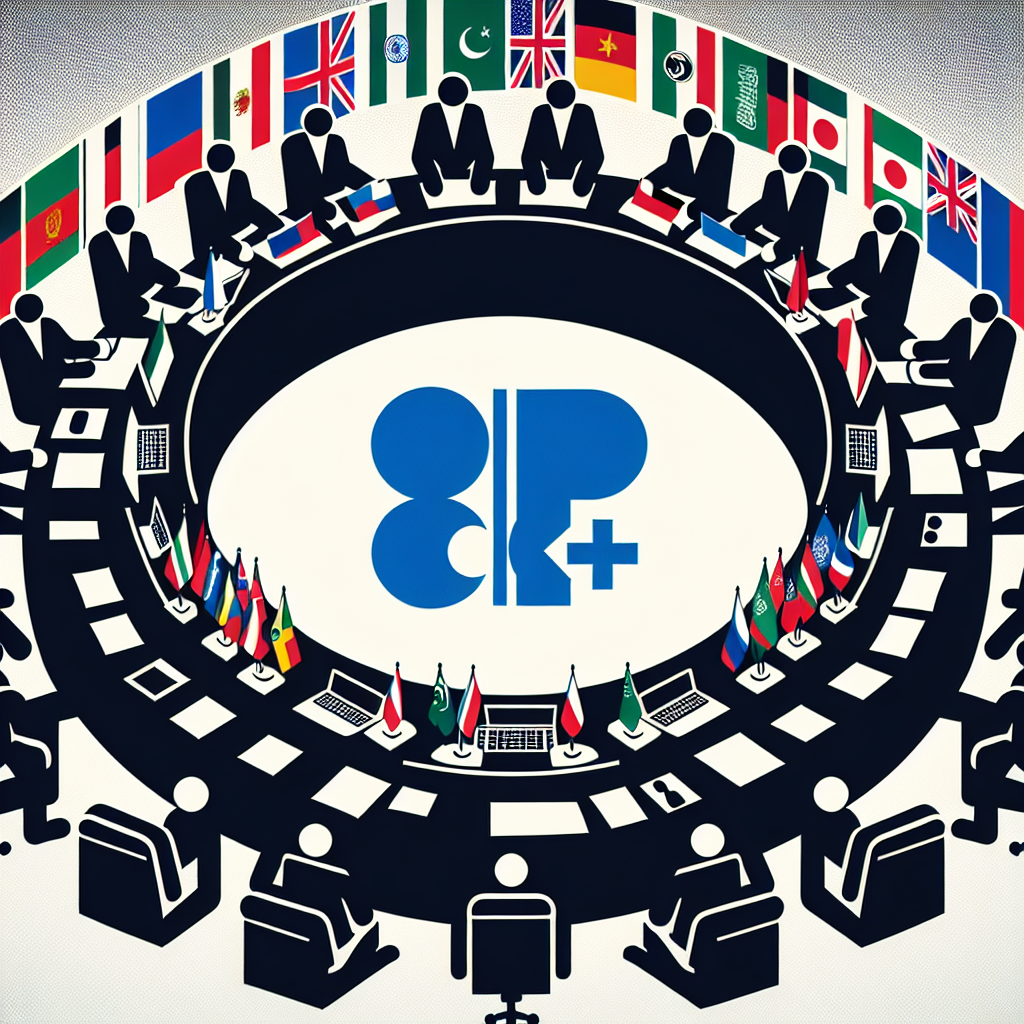OPEC+ Faces Crucial Decision Amid US Presidential Race and Global Economic Strain
Saudi Arabia and its oil-producing allies are set to decide on Sunday whether to extend existing production cuts, which could drive up oil prices amid high summer travel demand and the US presidential election. The full OPEC+ alliance will meet online to address these critical economic issues.

- Country:
- Germany
Saudi Arabia and its allied oil-producing nations are at a crossroads this Sunday, deliberating on whether to prolong production cuts set to lapse next month. This move has the potential to elevate oil prices just as summer travel surges and the US presidential election heats up.
The OPEC+ coalition, encompassing cartel members and allies like Russia, is convening virtually. The cuts under discussion pertain to a tighter group of eight nations, which include Saudi Arabia. Previously, these countries had scaled back output by 2.2 million barrels daily to bolster prices—levels that seemed unsatisfactory for the Saudis and their allies.
Price stability has lingered around $81-$83 per barrel for the past month. Even the Gaza conflict hasn't spurred prices to the $100 per barrel mark seen last September. Factors like rising non-OPEC production, elevated interest rates, and concerns about sluggish economic growth in Europe and China have kept prices in check.
High oil prices are crucial for Saudi Arabia to fund Crown Prince Mohammed bin Salman's economic diversification plans and help Russia sustain its economy amid heavy spending on the Ukraine war. Experts like Barbara Lambrecht from Commerzbank foresee significant oil price rises if OPEC+ extends cuts.
The July-September quarter could see heightened prices as the Biden-Trump election clash intensifies. Despite gas prices being stable at $3.56 per gallon, a bump from $5 per gallon in June 2022, US fuel costs remain sensitive amid broader economic discomfort.
(This story has not been edited by Devdiscourse staff and is auto-generated from a syndicated feed.)










